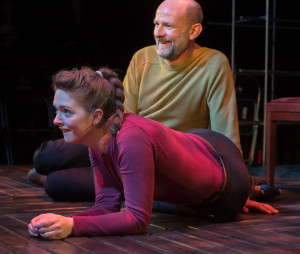As the Royal Shakespeare Company and the Royal Society jointly host a panel discussion on science–inspired theatre, there is plenty more news on science in theatre to catch up on this month.
Kirsten Shepherd-Barr, Tom Morton-Smith, John Barrow, Marcus du Sautoy and Richard Bean will join RSC deputy artistic director Erica Whyman for ‘A dramatic experiment: science on stage’ on Monday 11th May. The panel discussion at the Royal Society in London will be broadcast live and then available to view later on the Royal Society’s website.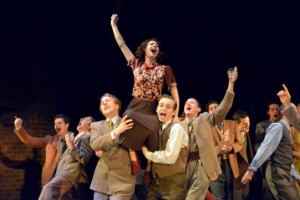
A new UK tour of the Royal Court Theatre’s Constellations opens this month and will play at venues throughout England including Liverpool, Bristol and Cambridge until the beginning of July. The production features Joe Armstrong and Louise Brealey, who is perhaps best known for her role in television’s Sherlock. The recent production of Constellations on Broadway has earned Ruth Wilson a Tony Award nomination for playing Marianne in Nick Payne’s one act play about the relationship between a bee keeper and a physicist, played out in multiple universes.
The profile of science in London’s West End, recently raised by the transfer of Tom Morton-Smith’s Oppenheimer, will further increase in September when Michael Grandage stages Photograph 51 at the Noel Coward Theatre. Nicole Kidman will play Rosalind Franklin, the pioneering crystallographer who had a pivotal role in the discovery of the structure of DNA, in the first UK production of Anna Ziegler’s play.
Meanwhile it’s been recently announced that Ophelia Lovibond from BBC satire W1A will play Connie in Sheffield Theatres’ production of Lucy Prebble’s The Effect, which opens at the Cruicible Studio in June.
Finally, Menagerie Theatre Company have announced that their Hotbed Festival in July 2015 will include a new play by Craig Baxter called Pictures of You, inspired by the use of imagery as a treatment in mental health, meaning there is plenty in store for science in theatre in the coming months.
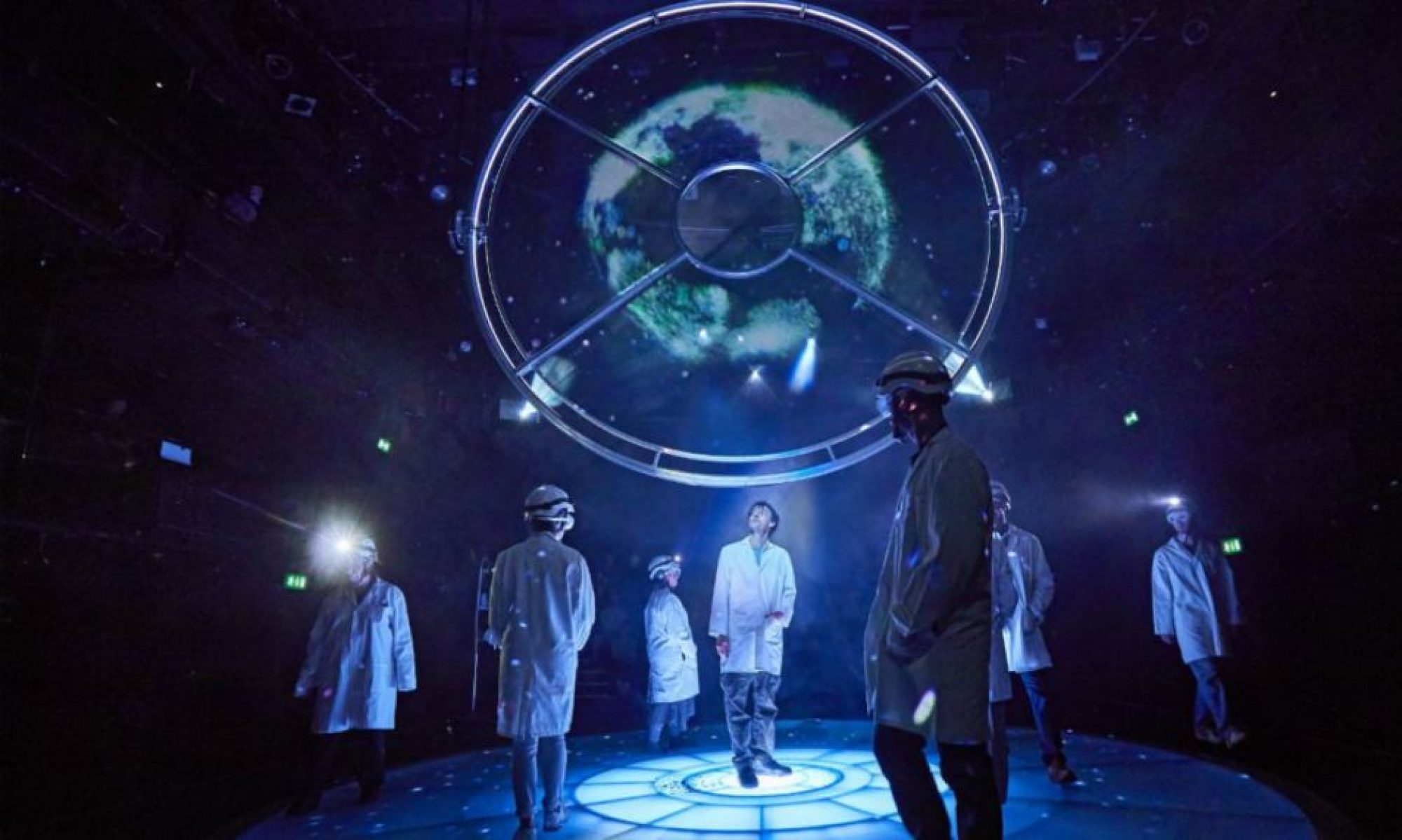
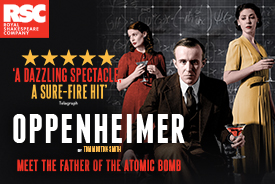
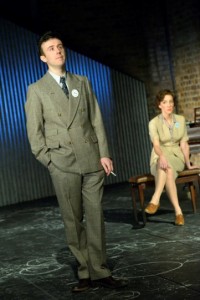
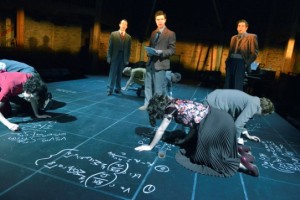
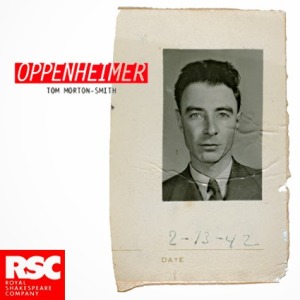

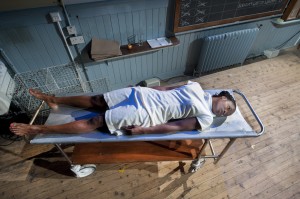

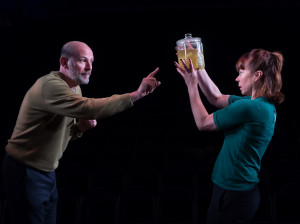 Incognito does for neuroscience and psychology what Payne’s previous science-inspired play,
Incognito does for neuroscience and psychology what Payne’s previous science-inspired play, 